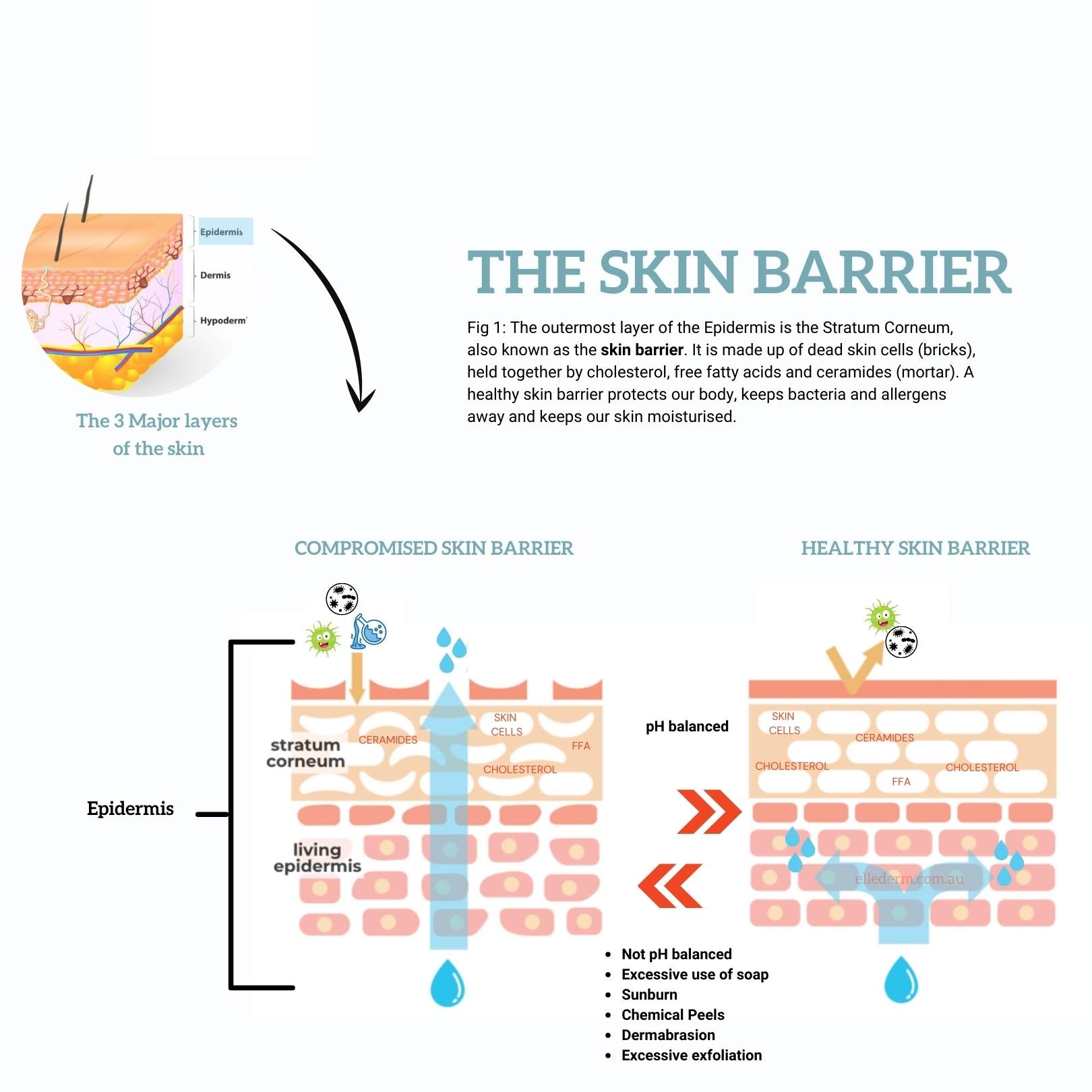5 Reasons Why Your Skincare Routine Isn't Working
You have done your research and paid for the best skincare products on the market, only to find that there isn't much improvement in the health of your skin.
With so many options out there and big companies making huge claims, it can be perplexing trying to figure out if it's you or if it's the product.
The good news is, there are ways to determine if your skincare is working and simple guidelines to follow to ensure you achieve the best outcome for your skin, no matter your age.
The Formula for Skincare Success
1. Consistency is key
The number reason why skincare products may not work as well as they should is due to lack of consistency. Having great skin is like going to the gym to maintain a healthy body (skincare routines are much easier, we can guarantee you!).
2. Not using sunscreen
It doesn't matter how great the product is and who formulated the product, if the product does not contain sunscreen with a minimum SPF 30+, then you will need to incorporate one. A Japanese study following a cohort of fourteen patients for eighteen months (this is a significant amount of time for any skincare study), found that those who used sunscreen daily had fewer age spots, less wrinkle formation, better skin hydration and improved skin elasticity.
3. Using too many products
Sometimes less is more so select your products carefully. For most people, a basic skincare routine with high quality ingredients and good formulations can dramatically transform your skin within two weeks. In contrast, a highly technical skincare routine involving many products may have the opposite effect. Your skin reaches a saturation point and looses it's ability to absorb additional products once you have applied two to three layers or products.
4. You're not exfoliating
Exfoliating not only removes dead skin cells to encourage new skin cells to turn over faster, but it also improves the absorption of your moisturisers and any subsequent products. Exfoliating does not mean excessive scrubbing (this can cause damage by tearing the skin and causing the skin barrier to be compromised).
Exfoliating can include chemical exfoliation or mechanical exfoliation. Chemical exfoliations can be found in your cleansers or toners, making it a very simple way to incorporate into your routine.
5. You are using the wrong products for your skin type
Gentle ingredients and the right formulations for your skin type can dramatically improve your skin in little time. In contrast, products which causes your skin to become irritated or causes sensitivity, can compromise your skin barrier, causing it to be vulnerable to environmental damage.
How to tell if the product is too strong or is causing sensitivity
If redness or irritation persists and is making your skin very uncomfortable, then you should consider changing products. Never apply a moisturiser to broken skin or soon after shaving, as irritation is most likely to develop.
When is the best time to apply a moisturiser?
Moisturisers are best applied to damp skin, after cleansing. Humectants can trap moisture from a freshly cleansed face or body, thereby improving the hydration factor and reducing trans-epidermal water loss.

Author: Helen Huynh (B. Pharm) MPS
References:
1. Mizuno, M et al (2016). "The effects of continuous application of sunscreen on photoaged skin in Japanese elderly people - the relationship with usage." Journal of Clinical, Cosmetic and Investigative Dermatology. Published online 2016 Apr 26. doi: 10.2147/CCID.S104392
2. Shanbhag, S et al (2019). "Sunscreens and Anti-ageing - the paradigm shift in cosmetics." Advanced Pharmaceutical Bulletin. Published online 2019 Aug 1. doi: 10.15171/apb.2019.042
3. "Moisturisers: Do they work?" Harvard Health (2008). Updated May, 2019. https://www.health.harvard.edu/staying-healthy/moisturizers-do-they-work



